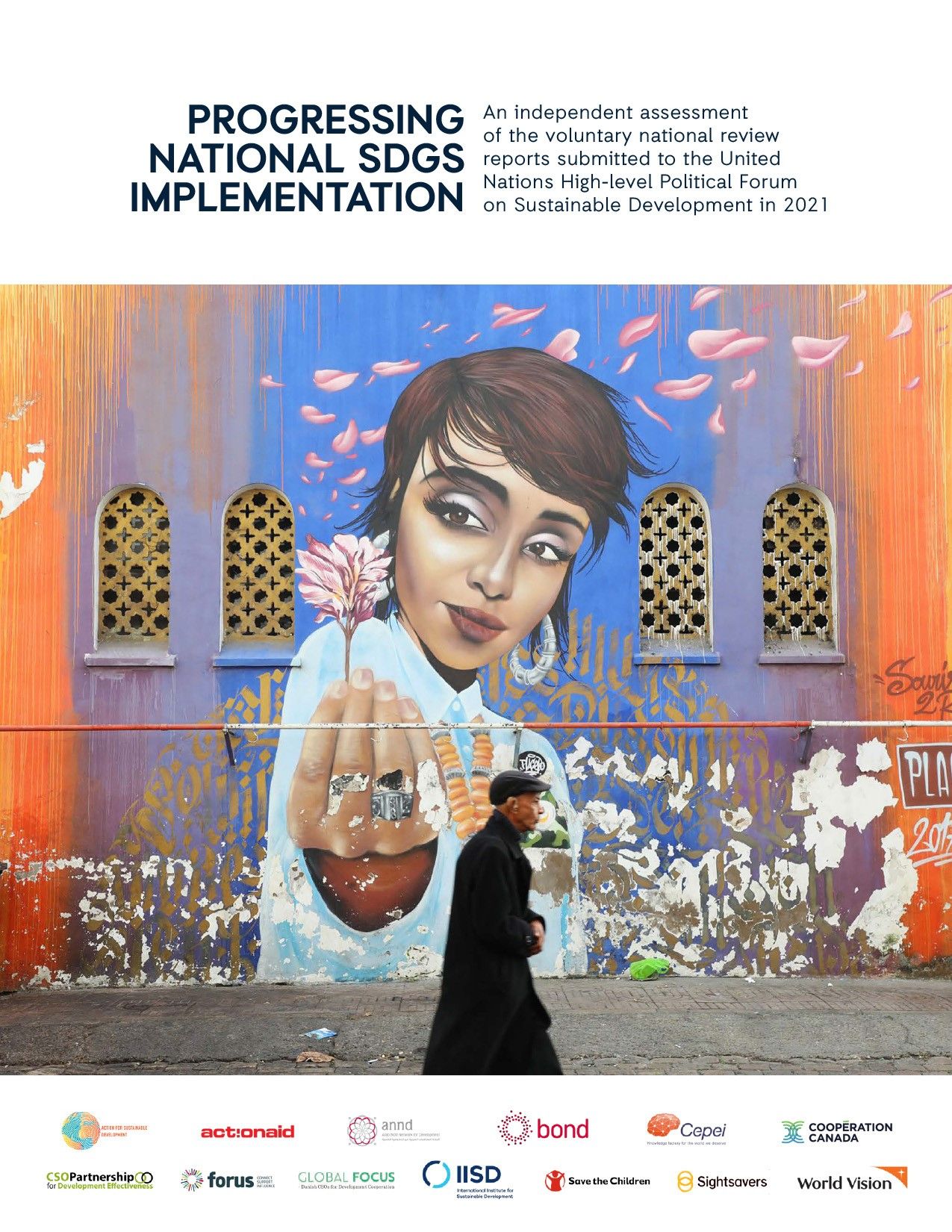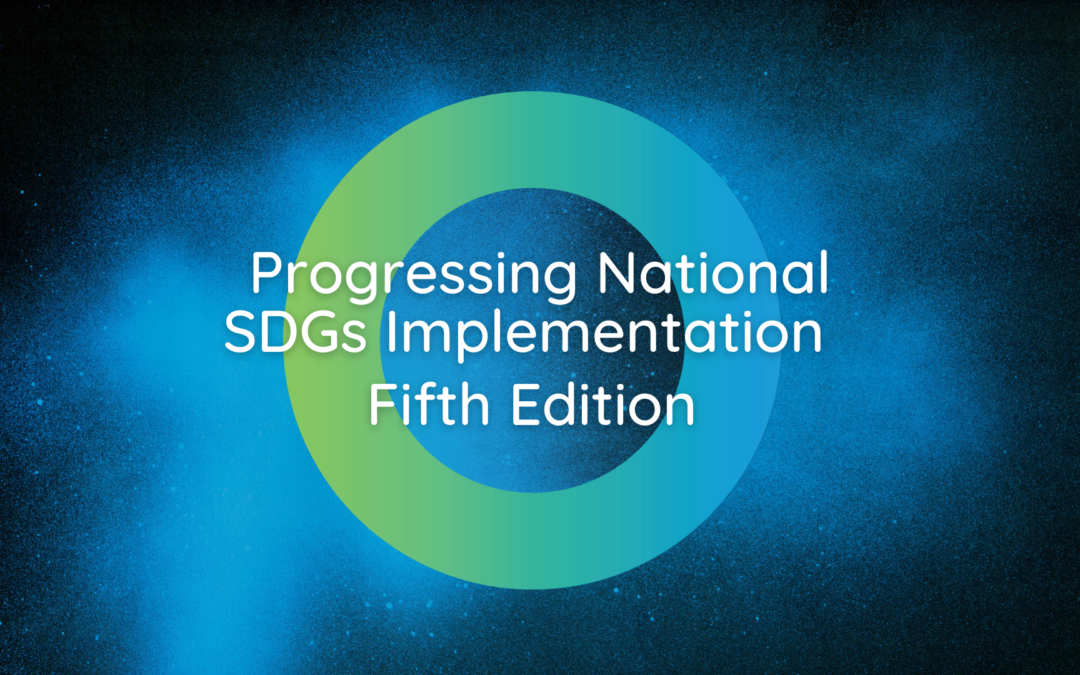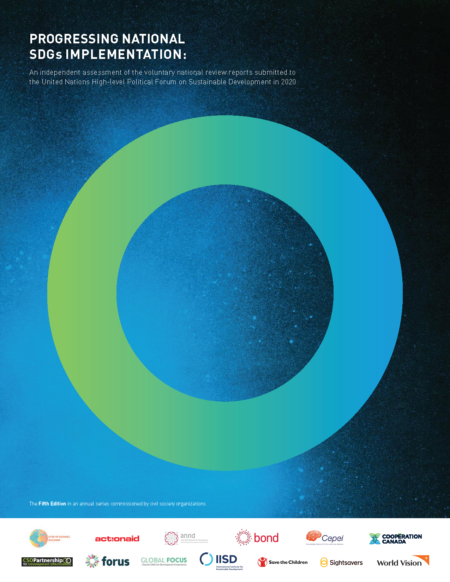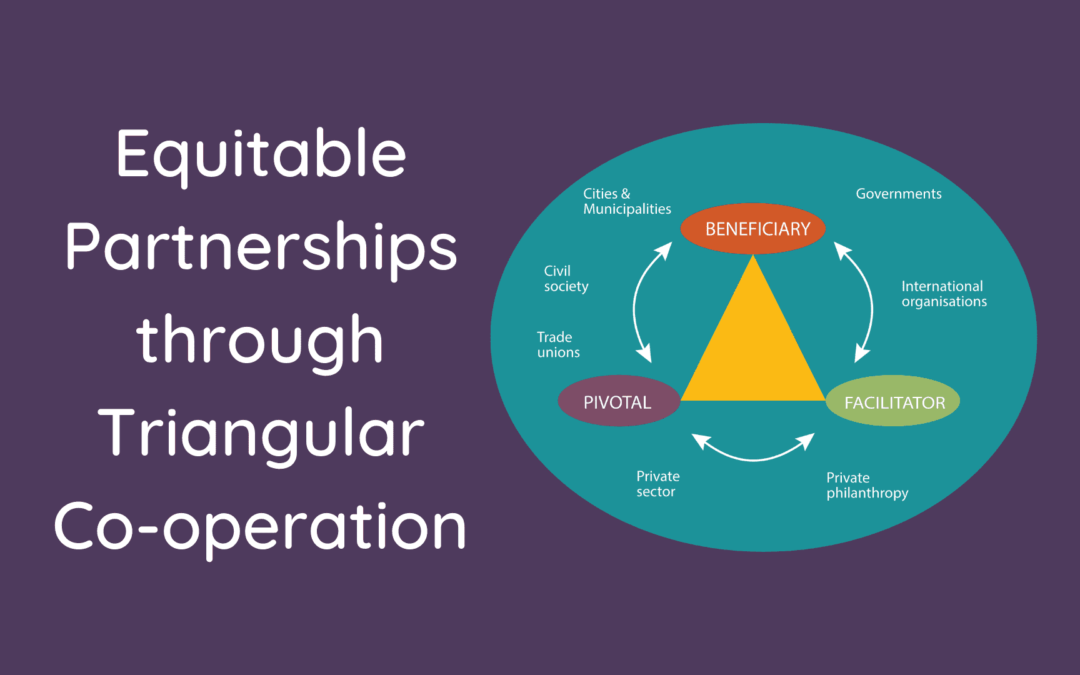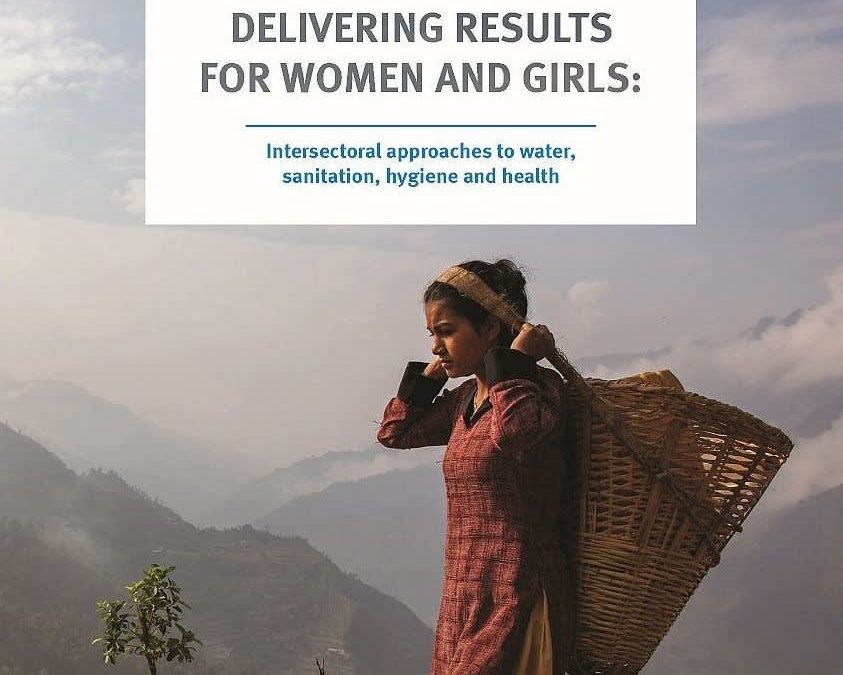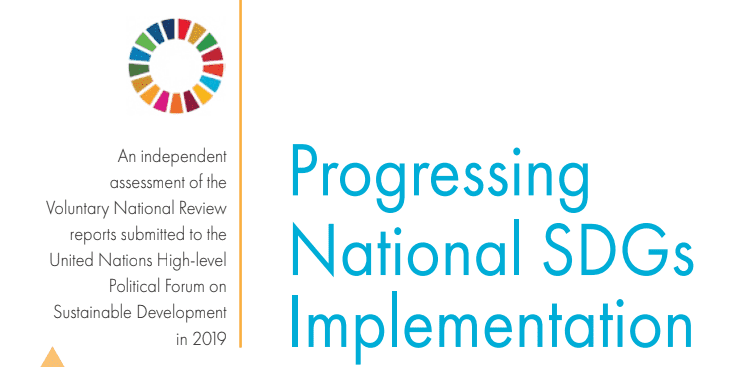
Sixth Edition of Progressing National SDGs Implementation
The Progressing National SDGs Implementation report provides an independent analysis of reporting by United Nations Member States to the High-level Political Forum on Sustainable Development (HLPF). Supported by a coalition of civil society organizations from around the world and prepared by Cooperation Canada, the report examines the current status of 2030 Agenda implementation, unpacks trends in reporting and identifies good practice.
This report, the sixth edition of Progressing National SDGs Implementation, aims to provide useful insights and recommendations to inform these discussions and help guide improved implementation and reporting. The review of the 42 VNR reports submitted to the HLPF in 2021, as well as the analysis of 17 VNR-related civil society reports, show both positive and concerning trends. The report covers all aspects of 2030 Agenda implementation through an examination of governance arrangements, institutional mechanisms and stakeholder engagement, policies, means of implementation, and reporting. Key findings, good practice case studies, emerging best practices and recommendations are presented throughout this edition.
Errata:
-Civil society validity check on p. 32 – information attributed to Norway should be instead attributed to Denmark, based on a spotlight report prepared by the Danish 92 Group and Global Focus.
-Civil society validity check on p. 38 – in the report we read “Barwaqo Hussein, LNOB representative”, but the correct title should be “Bawarqo Hussein, representative of the Danish LNOB-coalition.”

